Goldenseal: 9 Potential Health Benefits, Dosage, And Possible Side Effects
This herb could be the key to solving your digestion worries, eye issues, and respiratory problems.
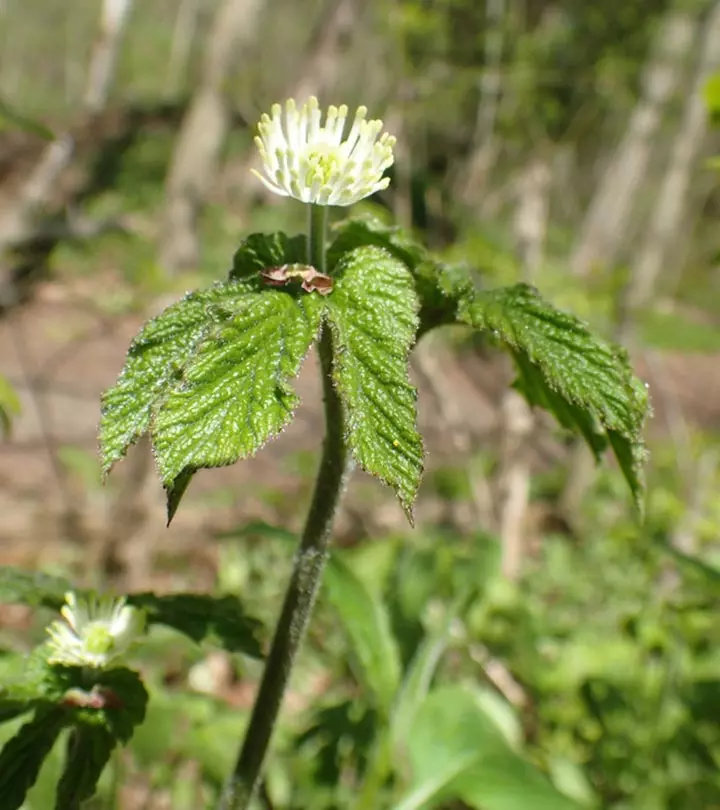
Image: Shutterstock
Goldenseal
Scientific name: Hydrastis canadensis
Origin: North America
History: Used by Native Americans for centuries as traditional medicine for cold, eye infections, and sore gums.
Properties: Antioxidant, anti-inflammatory, and anti-viral
Active Component: Berberine
Available In: Capsule, root extract, tincture, and powder forms
Goldenseal (Hydrastis canadensis) has been used for centuries as a wonder herbal remedy. It is native to North America. The health benefits of goldenseal can be attributed to its berberine content, which is a natural alkaloidi A class of naturally occurring organic compounds that possess antibacterial and antiviral properties. . It also contains other components like hydrastine, canadine, and isoquinoline that carry many health benefits. Berberine has antibacterial, antioxidant, and anti-inflammatory properties that may play a role in improving holistic health. Goldenseal is known to help improve digestion, promote oral and skin health, treat eye problems, and potentially prevent urinary tract infections. It may also help treat common cold among other respiratory tract infections. Here, we discuss the potential health benefits of goldenseal, its dosage, and any possible side effects you must be wary of. Read on.
 Know Your Ingredient: Goldenseal
Know Your Ingredient: GoldensealWhat Is It?
A perennial herb in the buttercup family Ranunculaceae that has a thick, yellow knotted rootstock.
What Are Its Benefits?
Improves digestion, treats cold and eye problems, promotes oral health, and helps prevent herpes and urinary tract infections.
Who Can Consume It?
Suitable for all.
How Often?
Daily.
Caution
It may cause nausea and vomiting in some people. Pregnant and breastfeeding women should avoid consuming it.
In This Article
9 Potential Health Benefits Of Goldenseal
1. May Help Improve Digestion

Goldenseal has been used by Native Americans to treat digestive upsets like diarrhea (1). Its anti-ulcerogenic effects help fight Helicobacter pylori, the microbes that cause ulcers by disrupting your stomach lining (2) ( 3). Goldenseal also contains berberine which has been used in traditional Chinese medicine for treating diarrhea (4) (5). A study conducted on 165 adult patients with acute diarrhea (caused by Escherichia coli) found that berberine has the ability to act against diarrhea-causing pathogens and support digestive health (6).
Berberine also has the efficacy to treat small intestine bacterial overgrowth (SIBO) (7). The symptoms of SIBO may include bloating, abdominal pain, nausea, diarrhea, and loss of appetite. A study conducted by the Griffith University, Australia, found that goldenseal can inhibit the growth of H. pylori and C. jejuni which are known to cause gastric disease (8).
2. Helps Treat Eye Problems

Goldenseal was traditionally used to treat itchy eyes and mild eye irritation. Berberine has been used in eye drops to treat trachoma (a bacterial infection) and in eyewashes to treat eye inflammation (9). It also is believed to help with the treatment of conjunctivitisi Inflammation or infection of the outer membrane that lines the eyelid and the white part of the eyeball. . However, more studies are warranted in this regard.
3. May Improve Oral Health
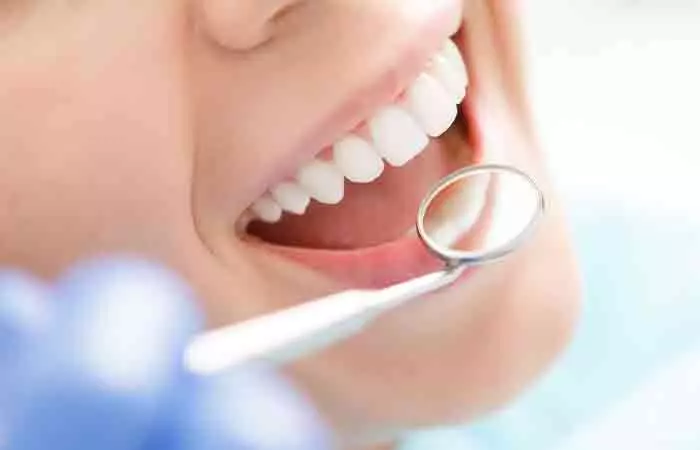
Goldenseal is a commonly found ingredient in mouthwashes for treating sore gums. In a study, a herbal mouth rinse formulated with goldenseal and other herbs was found to reduce gingivitisi A gum disease that causes irritation, inflammation, and swelling of the gingiva (part of the gum around the base of teeth). and gingival bleeding ( 10). The mouth rinse acted against several oral pathogens responsible for dental plaque and sore gums.
Another study conducted by the University of Illinois at Chicago found that the berberine in goldenseal can act against oral pathogens like Streptococcus mutans and Fusobacterium nucleatum (11).
4. May Help Prevent Urinary Tract Infections
The bacterial overgrowth in the inner walls of the bladder can cause several urinary tract infections (UTIs). Goldenseal has been used in folk medicine for treating urinary disorders (12). Berberine can act against E.coli and Proteus species of bacteria by keeping these from adhering to the cells in the urinary tract (13).
An excessive growth of fungi, like Candida albicans, may also cause genitourinary tract and vaginal yeast infections (14). In one study, plant extracts containing berberine that were given to patients with recurrent UTIs showed an improvement in their condition and a reduced risk of recurrence (15).
5. Helps Treat Herpes

Goldenseal, when combined with thyme and myrrh, may help treat oral herpes (10). The berberine in goldenseal may also exhibit antiviral activity against herpes viruses (16). However, more studies are required to understand this action of goldenseal on humans.
6. Treats Cold And Other Upper Respiratory Tract Infections

Goldenseal is used as a dietary supplement for treating common cold and upper respiratory tract infections. It is combined with echinacea in many cold therapy procedures ( 17). As per research, Echinacea may help in the treatment of respiratory tract infections and inflammatory conditions like cold, cough, and bronchitis (18). In another study, echinacea’s immuno-modulatory, anti-inflammatory, and antiviral properties were found to help lower recurrent respiratory tract infections (19).
The berberine in goldenseal plays a key role in fighting against common cold-causing pathogens. A mice study conducted by the Jinan University, China, found that the anti-fungal and antibacterial properties of berberine act against influenza and help relieve pulmonary inflammation (20). Berberine also inhibits influenza-induced viral pneumonia (21). However, more research studies on humans are needed to understand this benefit of goldenseal
7. May Improve Heart Health
In a small study conducted on 51 patients diagnosed with cardiac failure, intake of 1.2 g of berberine tablets per day showed a positive effect on cardiac contractility (22). Goldenseal is also known to lower LDL cholesterol naturally (23).
Bad cholesterol is a primary risk factor for many cardiovascular diseases. As per studies, berberine alone or in combination with other dietary supplements was found to lower LDL (bad cholesterol) by 20% to 30% ( 24).
8. May Help Treat Diabetes
Berberine possesses antioxidant and anti-inflammatory properties that help reduce oxidative stress and inflammation (which are associated with diabetes).
According to the CDC, 11.3% of the US population (37.3 million people) has diabetes, out of which 28.7 million individuals are diagnosed and 8.5 million are undiagnosed. Additionally, 38.0% of the adult population in the country aged 18 years or older and 48.8% of those aged 65 years or older are prediabetic.
This bioactive compound can promote insulin secretion and reduce sugar absorption from the gut (25). It helps lower blood glucose levels. Another study suggests that berberine could be effective in treating high blood sugar in type 2 diabetes (26). However, more studies are warranted in this regard.
9. May Help Reduce Cancer Risk
Berberine can induce programmed cell death in tumor cells. A study conducted by the Seoul National University College of Medicine in Seoul found that berberine may prevent cancer progression by blocking signals necessary for breast cancer cell survival. In another study, berberine showed its anti-tumor activity against human and rat malignant brain tumors (27). However, more research is warranted to further understand the anti-cancer properties of berberine.
 Trivia
TriviaThese are the health benefits of goldenseal. But how much of it can you consume?
Key Takeaways
- Goldenseal is known for its antibacterial, antioxidant, and anti-inflammatory properties.
- This North American plant was traditionally used for cold, eye infection, and sore gums.
- Studies suggest that this herb may help check bacteria that cause gastric, urinary tract diseases and more.
- Pregnant or breastfeeding women must avoid consuming it.
What Is The Recommended Dosage Of Goldenseal?
Goldenseal is available as dried roots, tinctures, capsules, powders, and tea. As a dietary supplement, it can be taken in a wide range of doses:
- Alcoholic tinctures: 2 to 4 ml, three times per day
- Decoction of dried roots: 0.5 to 10 g, three times per day
- Fluid extract: 0.3 to 10 mL, three times per day
Steep two teaspoons of the dried herb in one cup of water to prepare goldenseal tea. However, there are no specific recommendations for goldenseal dosage. So, it is important to speak with a healthcare professional before beginning a supplement program, especially for people who are on other medications or have pre-existing medical conditions. For herbal treatments like goldenseal, personalized guidance ensures safety and optimal results.
 Did You Know?
Did You Know?Goldenseal is generally considered safe for consumption. But it may cause some side effects in certain individuals.
Side Effects And Precautions
Goldenseal is considered safe for consuming for short periods at the recommended dosages (28). Rare side effects may include nausea and/or vomiting. However, not enough is known about the effects of its long-term use.
Studies state that goldenseal may slow down the activity of enzymes like cytochrome p450 and cause certain medications to remain in the body for longer periods (29). They also are thought to interact with antidepressants, though information in this regard is limited.
In the past, intake of goldenseal was discouraged during pregnancy. But newer studies seem to differ. In a rat study, exposure to goldenseal did not cause pregnancy losses or affect fetal weight. Goldenseal did not lead to malformations either. However, it did show toxicity in rat embryos cultured with goldenseal extracts (30). Hence, reduce any risk by avoiding this herb during pregnancy.
Precautions
- Pregnant or breastfeeding women should also avoid using goldenseal. Berberine may cause or worsen jaundice in newborn infants . It also was found to increase risk of brain damage in newborns afflicted with jaundice (31).
- Certain goldenseal dietary supplements were found to contain goldenseal only in small amounts. The other ingredients used in the manufacturing process weren’t found listed on the labels. Hence, check labels before making a purchase. Go for supplements only after consulting your health care provider. Ensure you procure the products from an established and authentic brand.
- If you are currently taking any prescription or over-the-counter medications or have any health issues, check with your doctor before taking goldenseal.
Infographic: Top 7 Amazing Benefits Of Goldenseal
Goldenseal supplements are quite the rage and for a reason! This botanical gem helps boost your overall health with its good anti-inflammatory and antibacterial properties. Check out the following infographic to learn more about the key health benefits Goldenseal has for you.

Illustration: StyleCraze Design Team
The benefits of goldenseal are wide-ranging. It can improve digestion and respiratory health, help in managing eye problems, improve oral health, support the immune system. Talking about the same, Michael, a blogger shared his experience of how he has been using goldenseal to boost immunity. He said, “When I am feeling an acute ailment coming on or my immune system seems ragged, I go for this herb. If I catch it early enough, an acute illness is averted (i).” It can also be considered a good alternative medicine to OTC medications in treating common cold and flu. It may help in treating herpes and upper respiratory tract infections as well. Additionally, it improves heart health, aids in treating diabetes, and reduces the risk of cancer. It can be included in your diet in the form of dried powder, capsules, tea, or herbal supplements. Although the consumption of goldenseal is generally safe and can be used in many natural remedies, it may cause negative effects like nausea or vomiting in some people. It may also interact with certain drugs. Hence, caution is advised. However, taking it in moderation helps in reaping the benefits of this herbal medicine.
Frequently Asked Questions
What happens if you take goldenseal every day?
It is considered safe to consume goldenseal at the recommended dosages for short periods. But according to anecdotal evidence, the long-term dosage can cause digestive or nervous system problems.
Is goldenseal good for your skin?
Possibly. According to anecdotal reports, goldenseal’s anti-inflammatory and antimicrobial properties may help deal with acne and psoriasis.
Can goldenseal raise blood pressure?
Possibly not. Goldenseal contains berberine that may help lower blood pressure. However, further studies are required to elucidate its mechanism of action and potency (27).
Is goldenseal the same as ginseng?
No. While both are roots packed with beneficial compounds, goldenseal has a strict dosage regime. However, daily intake of ginseng for skin, hair, and overall health is generally considered safe.
Illustration: Potential Health Benefits Of Goldenseal
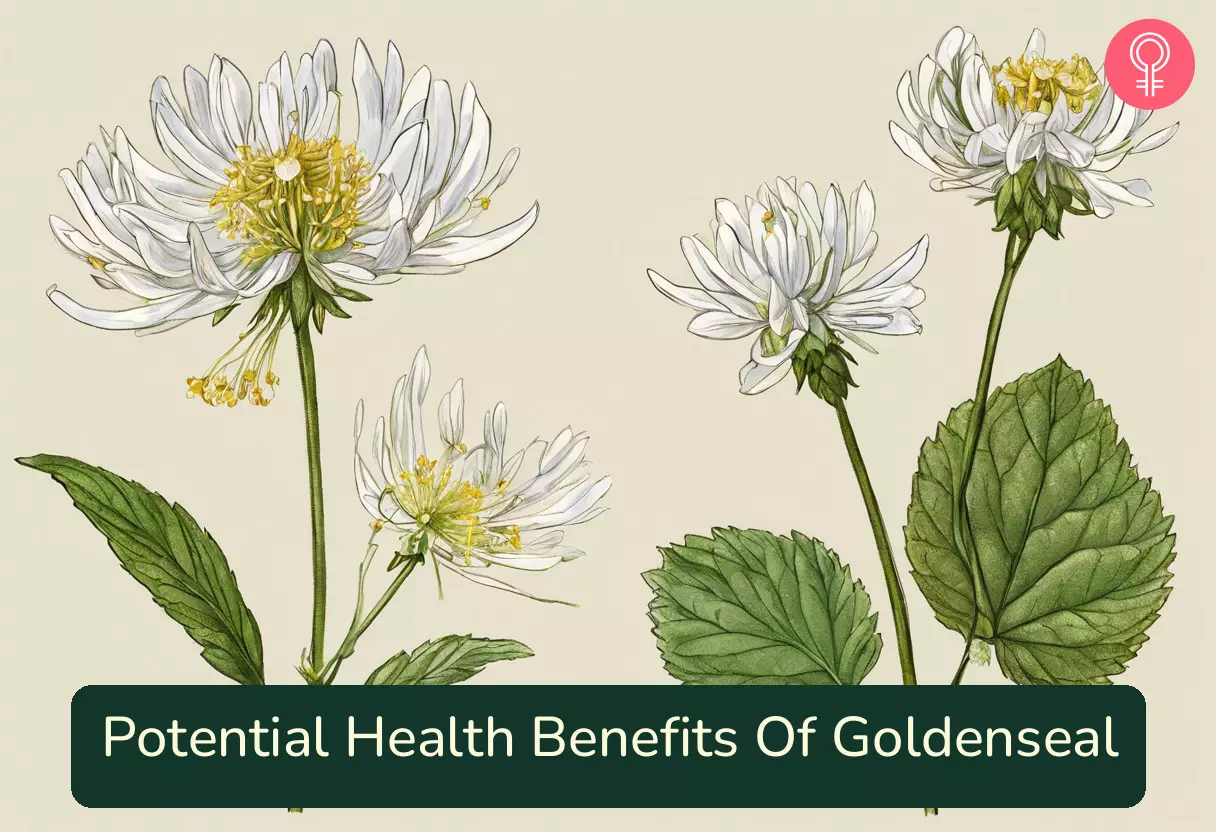
Image: Stable Diffusion/StyleCraze Design Team
Uncover some natural remedies for cough using goldenseal. Watch this video that talks about its benefits, side effects, and some recipes you can incorporate to get relief.
Personal Experience: Source
StyleCraze's articles are interwoven with authentic personal narratives that provide depth and resonance to our content. Below are the sources of the personal accounts referenced in this article.
i. Herbal Healing Series: Goldenseal- (Hydrastis canadensis)
https://opentohealing.wordpress.com/2023/10/08/herbal-healing-series-goldenseal-hydrastis-canadensis/
References
Articles on StyleCraze are backed by verified information from peer-reviewed and academic research papers, reputed organizations, research institutions, and medical associations to ensure accuracy and relevance. Read our editorial policy to learn more.
- Some Drugs and Herbal Products
https://www.ncbi.nlm.nih.gov/books/NBK350390/ - Natural products in treatment of ulcerative colitis and peptic ulcer
https://www.sciencedirect.com/science/article/pii/S1319610312000397 - Dietary Amelioration of Helicobacter Infection
https://www.ncbi.nlm.nih.gov/pmc/articles/PMC4465045/ - Berberine containing quadruple therapy for initial Helicobacter pylori eradication
https://www.ncbi.nlm.nih.gov/pmc/articles/PMC5556219/ - The Efficacy of Berberine-Containing Quadruple Therapy on Helicobacter Pylori Eradication in China: A Systematic Review and Meta-Analysis of Randomized Clinical Trials
https://www.ncbi.nlm.nih.gov/pmc/articles/PMC7010642/ - Randomized controlled trial of berberine sulfate therapy for diarrhea due to enterotoxigenic Escherichia coli and Vibrio cholerae
https://pubmed.ncbi.nlm.nih.gov/3549923/ - Herbal Therapy Is Equivalent to Rifaximin for the Treatment of Small Intestinal Bacterial Overgrowth
https://www.ncbi.nlm.nih.gov/pmc/articles/PMC4030608/ - Investigations into the antibacterial activities of phytotherapeutics against Helicobacter pylori and Campylobacter jejuni
https://pubmed.ncbi.nlm.nih.gov/19653313/ - Photochemistry and Photocytotoxicity of Alkaloids from Goldenseal (Hydrastis canadensis L.) 3. Effect on Human Lens and Retinal Pigment Epithelial Cells
https://www.ncbi.nlm.nih.gov/pmc/articles/PMC2366032/ - Emerging Trends of Herbal Care in Dentistry
https://www.ncbi.nlm.nih.gov/pmc/articles/PMC3782986/ - Antimicrobial constituents from goldenseal (the Rhizomes of Hydrastis canadensis) against selected oral pathogens
https://pubmed.ncbi.nlm.nih.gov/12898417/ - Protective effects of goldenseal (Hydrastis canadensis L.) on acetaminophen-induced hepatotoxicity through inhibition of CYP2E1 in rats
https://www.ncbi.nlm.nih.gov/pmc/articles/PMC3249784/ - Natural therapeutics for urinary tract infections—a review
https://www.ncbi.nlm.nih.gov/pmc/articles/PMC7498302/ - Candida albicans Biofilms and Human Disease
https://www.ncbi.nlm.nih.gov/pmc/articles/PMC4930275/ - Effects of a new combination of plant extracts plus d-mannose for the management of uncomplicated recurrent urinary tract infections
https://pubmed.ncbi.nlm.nih.gov/29078739/ - Antiviral activity of berberine
https://www.ncbi.nlm.nih.gov/pmc/articles/PMC7320912/ - Goldenseal
https://www.sciencedirect.com/topics/medicine-and-dentistry/goldenseal - Immunomodulators Inspired by Nature: A Review on Curcumin and Echinacea
https://www.ncbi.nlm.nih.gov/pmc/articles/PMC6278270/ - Echinacea reduces the risk of recurrent respiratory tract infections and complications: a meta-analysis of randomized controlled trials
https://pubmed.ncbi.nlm.nih.gov/25784510/ - Anti-influenza activity of berberine improves prognosis by reducing viral replication in mice
https://pubmed.ncbi.nlm.nih.gov/30306659/ - In vivo and in vitro antiviral effects of berberine on influenza virus
https://pubmed.ncbi.nlm.nih.gov/21660679/ - Berberine: Botanical Occurrence Traditional Uses Extraction Methods and Relevance in Cardiovascular Metabolic Hepatic and Renal Disorders
https://www.ncbi.nlm.nih.gov/pmc/articles/PMC6111450/ - The medicinal plant goldenseal is a natural LDL-lowering agent with multiple bioactive components and new action mechanisms
https://pubmed.ncbi.nlm.nih.gov/16885565/ - Efficacy of Berberine Alone and in Combination for the Treatment of Hyperlipidemia: A Systematic Review
https://www.ncbi.nlm.nih.gov/pmc/articles/PMC5871262/ - Application of Berberine on Treating Type 2 Diabetes Mellitus
https://www.ncbi.nlm.nih.gov/pmc/articles/PMC4377488/ - Berberine in the treatment of type 2 diabetes mellitus: a systemic review and meta-analysis
https://pubmed.ncbi.nlm.nih.gov/23118793/ - Berberine for the treatment of hypertension: A systematic review Complementary therapies in clinical practices.
https://pubmed.ncbi.nlm.nih.gov/33461163/ - Herb-Drug Interactions: What the Science Says
https://www.nccih.nih.gov/health/providers/digest/herb-drug-interactions-science - Pharmacokinetic herb-drug interactions (part 2): drug interactions involving popular botanical dietary supplements and their clinical relevance
https://pubmed.ncbi.nlm.nih.gov/22565299/ - A reproductive screening test of goldenseal
https://pubmed.ncbi.nlm.nih.gov/16193497/ - Displacement of bilirubin from albumin by berberine
https://pubmed.ncbi.nlm.nih.gov/8513024/
Read full bio of Nilofar Pendhari
Read full bio of Sindhu Koganti
Read full bio of Ravi Teja Tadimalla
Read full bio of Payal Karnik





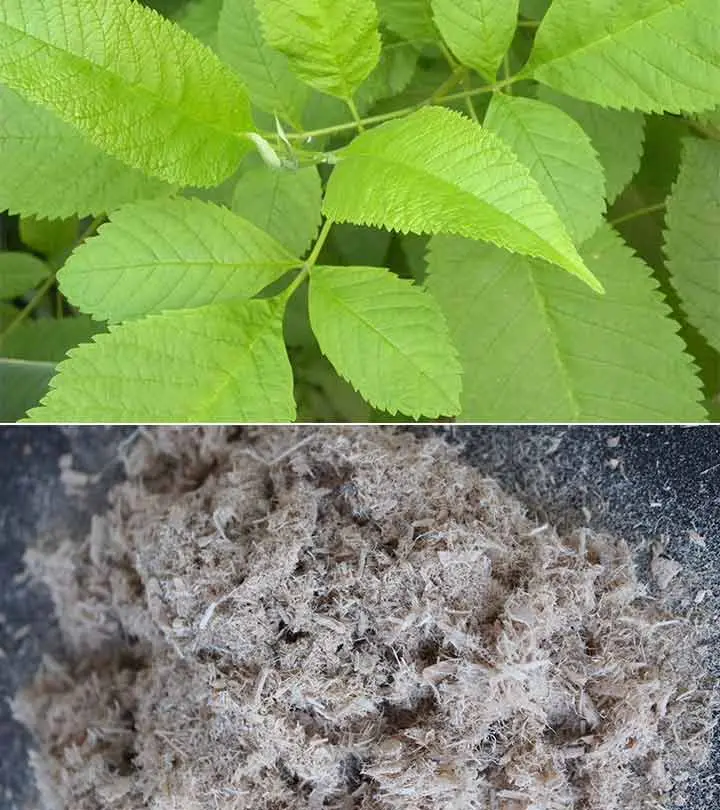
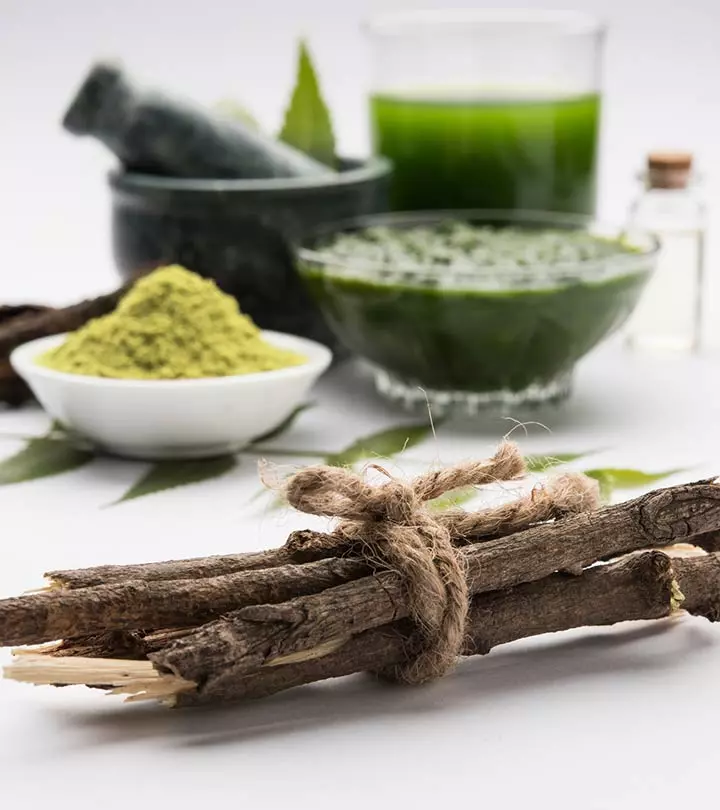

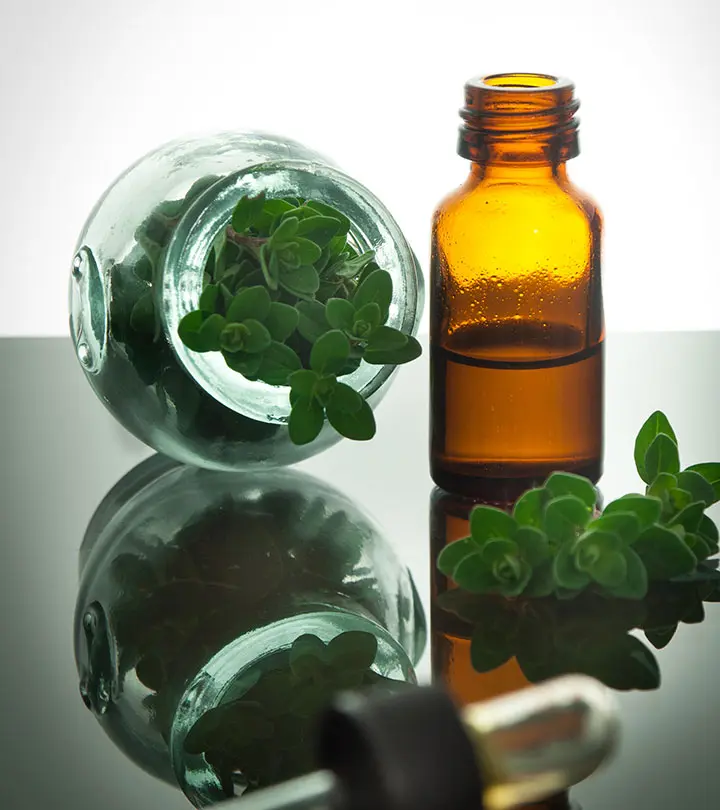


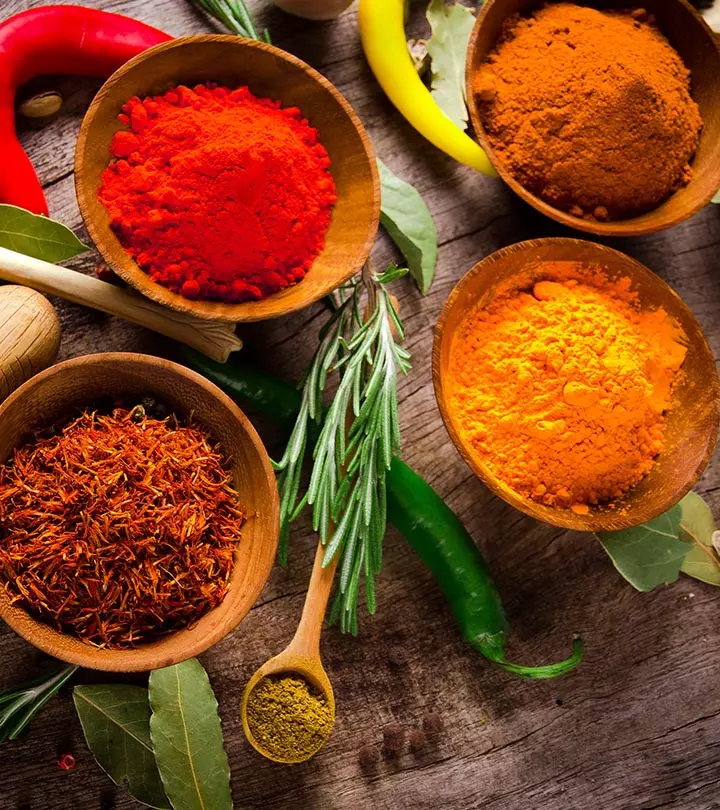


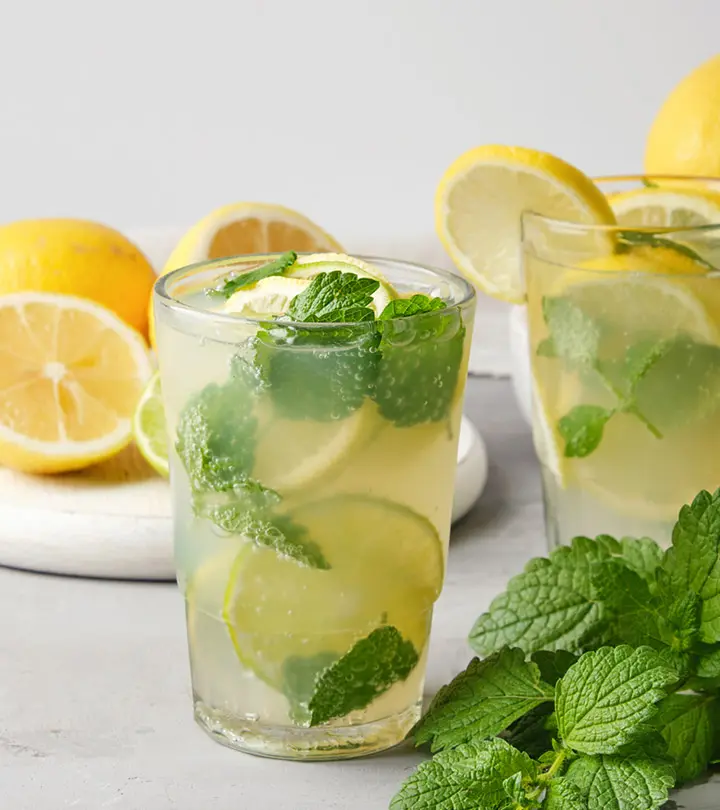
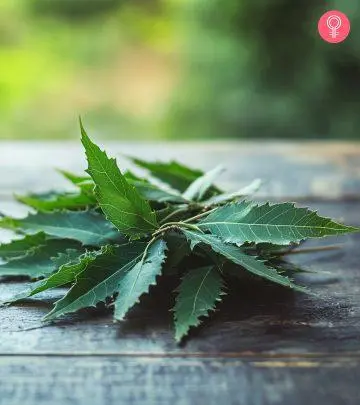


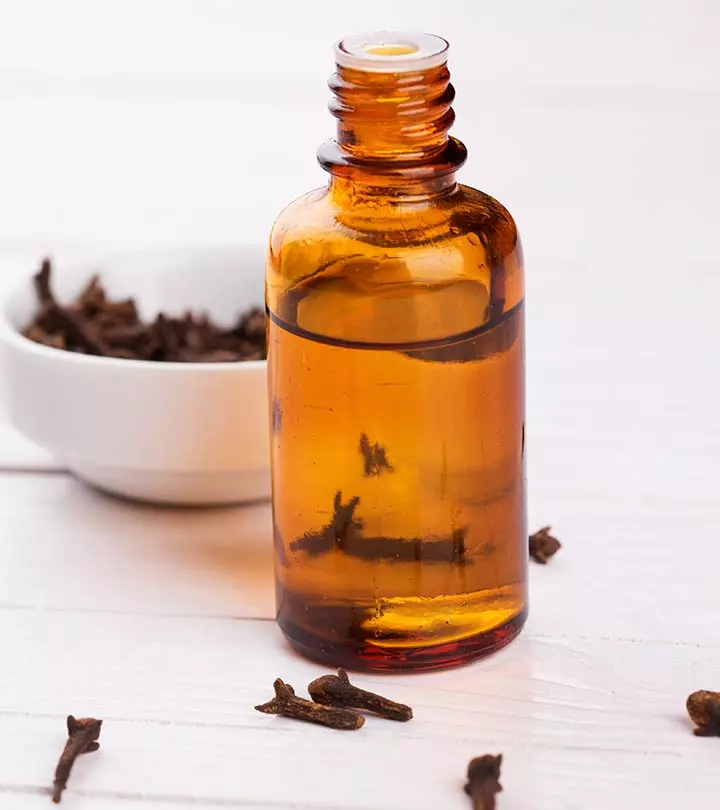
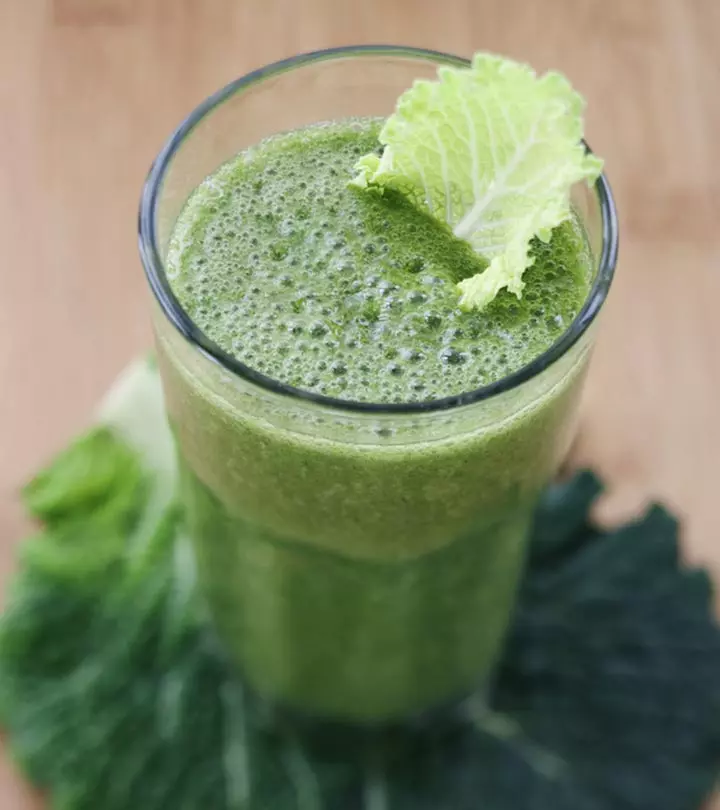

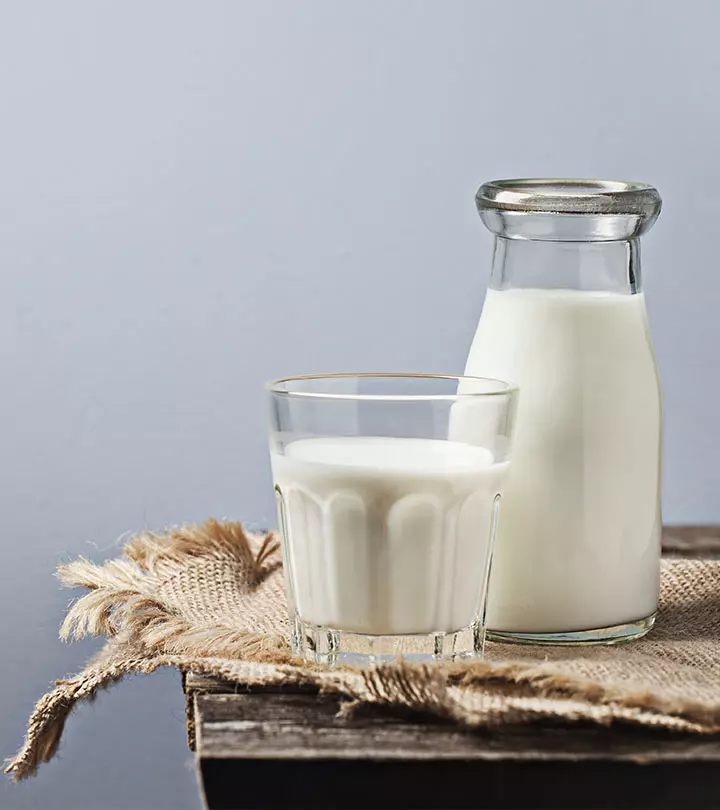
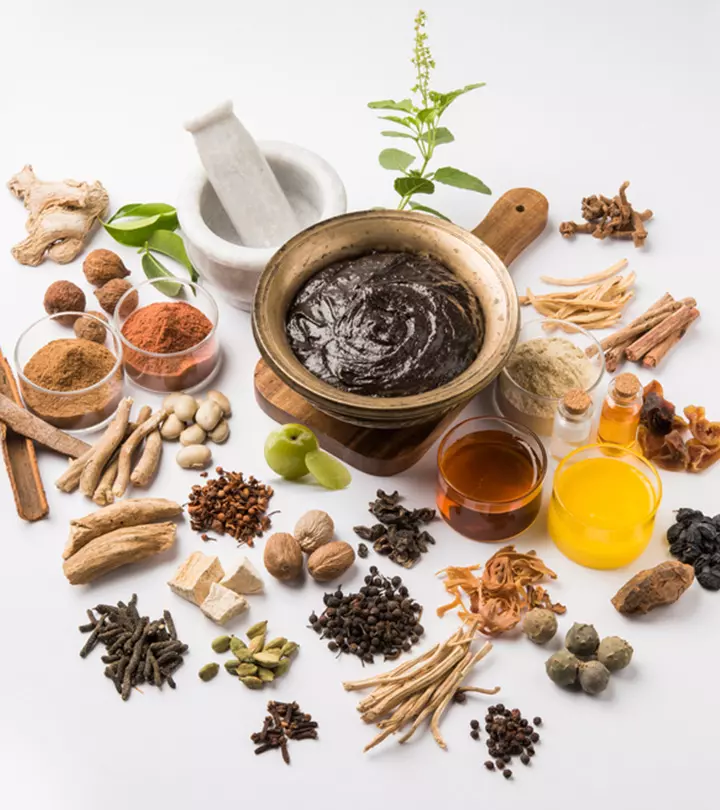
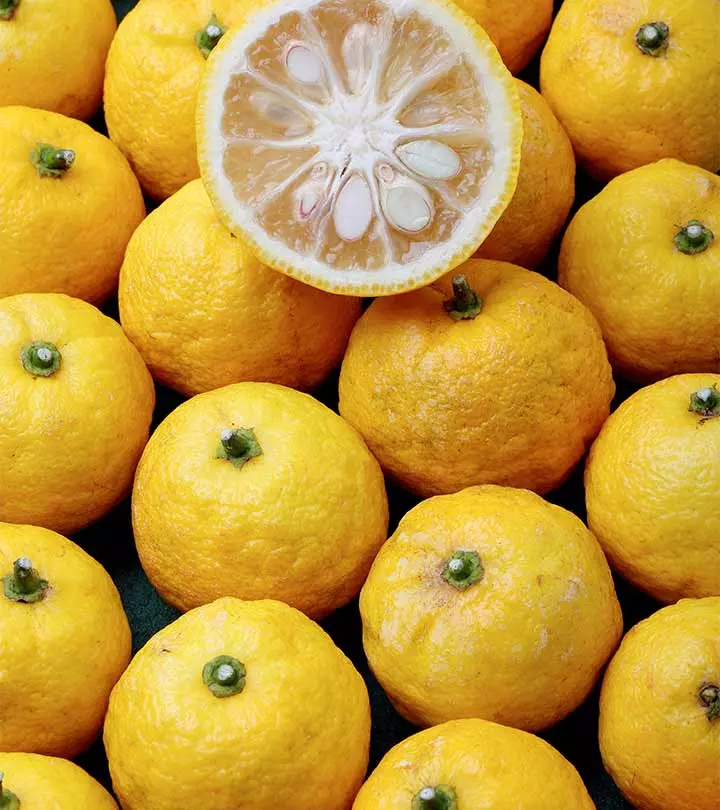

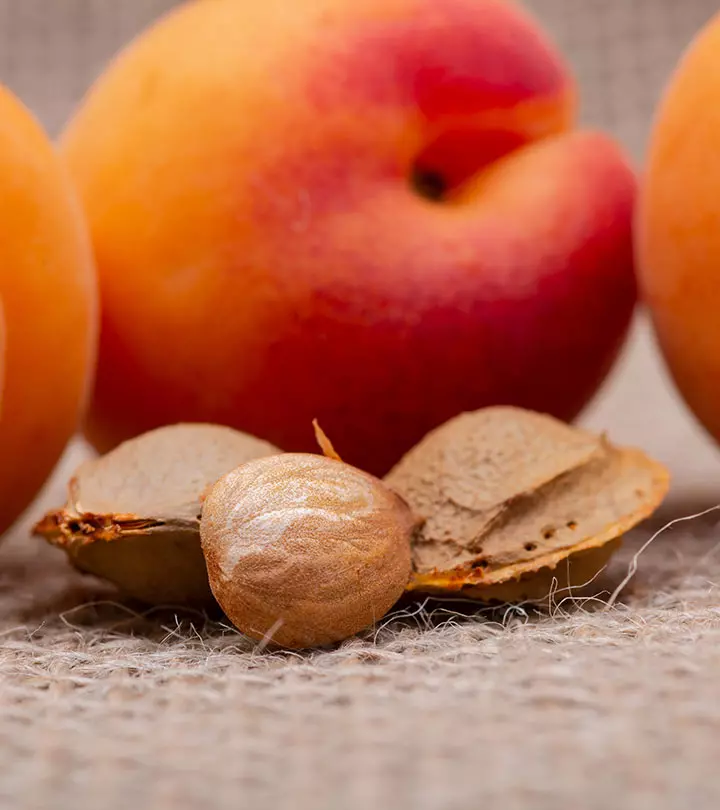
Community Experiences
Join the conversation and become a part of our empowering community! Share your stories, experiences, and insights to connect with other beauty, lifestyle, and health enthusiasts.